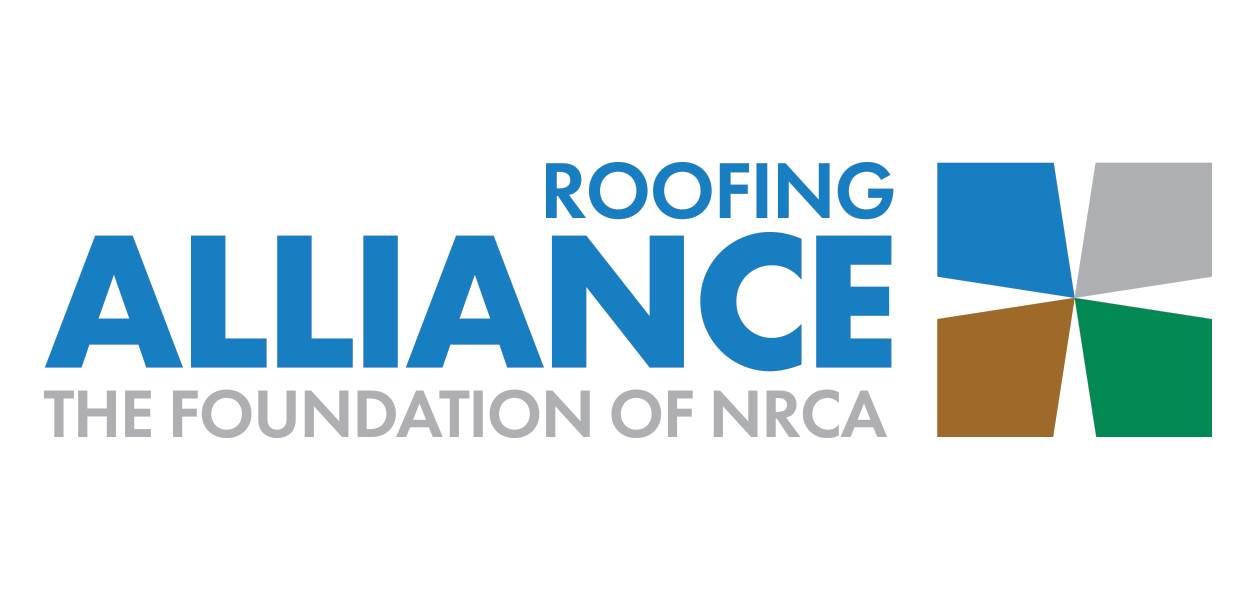Many people who take on the responsibility to lead in the workplace try to help their teams as much as possible. However, sometimes a leader’s desire to help begins to harm his or her team members.
Well-intentioned leaders often are unaware of their negative effects on the team, and team members are not always comfortable pushing back. A recent University of South Florida study showed that during times of crisis, certain leader behaviors intended to reduce worker burden actually were seen as unhelpful by employees.
Harvard Business Review shares the following five common ways you may inadvertently hurt your team despite your best intentions.
- Seeking constant agreement. Many leaders view conflict as disruptive to team cohesion and a threat to their ability to lead, choosing to shut down or ignore disagreements. But trying to have everyone “just get along” can damage the team’s morale and stifle motivation and independent thinking. Effective team leadership requires accepting when individual values, strengths and aspirations may be at odds and leveraging people’s differences rather than shutting them down.
- Overprotecting the team. Many well-intentioned leaders shield their people from company issues they believe could derail motivation, which could be harming their teams. Although showing support for your team is important, it also is crucial not to shield them from important feedback and criticism from across the company. Team members need honest, transparent coaching to grow, so be careful about excessively moralizing your job and viewing yourself as a hero to your staff.
- Getting results without learning. Leaders that get results often are those who act and make decisions quickly, so many leaders motivate the team toward fast results so they can keep celebrating progress. However, this may leave little time for reflection, insight and alignment of purpose. During one-on-one meetings, integrate learning, reflection and purpose into every execution-related discussion. Rather than just spending your time with team members tracking outcomes after the fact, help them generate ways to learn and prepare in advance.
- Being too involved (or not at all). Even the most well-intentioned leaders micromanage their team when they refuse to delegate completely and give team members autonomy. Following up with team members after every action can be time-consuming and reduce productivity. Some leaders do the opposite, seeking to empower their team by being completely hands-off. However, being absent or aloof also can harm the team. If you want to empower and delegate from a distance, be sure to still coach when needed, give feedback and be there when performance is lacking.
- Being everyone’s friend. Many managers believe treating their team like family or friends is the best way to be helpful and supportive, but seeking to be friends with your employees can cause undue confusion and strife, as well as perceptions of favoritism and forced loyalty. Focus instead on providing opportunities for development and a sense of purpose.





